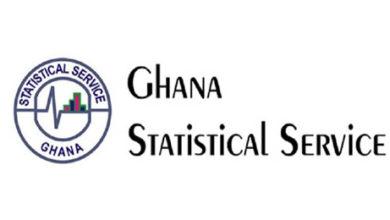Nana Addo to assent to RTI Act today

President Nana Akufo-Addo will today give his assent to the Right to Information (RTI) Act which was passed by Parliament in March 2019.
The Act is meant to allow citizens more access to information in order to hold government accountable.
The Right to Information is supposed to be a fundamental human right guaranteed by the Constitution and recognised as a right under International Conventions on Human rights.
The passage of the Bill gives substance to Article 21 (1) (f) of the Constitution which states that “All persons shall have the right to information subject to such qualifications and laws as are necessary for a democratic society.”
Background of RTI Bill
The RTI Bill was first drafted in 1999 under former President, Jerry John Rawlings.
The National Democratic Congress (NDC) in its 2008 and 2012 election manifestos promised to ensure the Bill was passed.
In 2010, it was presented to Parliament for consideration.
In 2011, the government signed unto the Open Government Partnership (OGP) Initiative with a commitment to pass the law.
In November 2013, the Bill was formally laid before Parliament.
Former Attorney General, Deputy Dominic Ayine in 2015, moved the Bill for second reading in Parliament. In October 2016, the Bill was withdrawn and replaced with a new one which was immediately laid.
Following the dissolution of the Sixth Parliament of the Fourth Republic and the swearing-in of new Parliament in January 2017, the Bill had to be re-laid by the new government before work commences on it.
Parliament finally passed RTI Bill into law on Tuesday, March 26, 2019, after several policy changes and amendments.
It will, however, take a one year period to be operationalised.
RTI implementation could cost GH¢750 million
The implementation of the RTI in Ghana has been estimated to cost GH¢750 million over five years, according to a report by the Research Department of Parliament in 2017.
The report sighted by Citi News indicates that the cost will revolve around the setting up of an RTI Commission.
The breakdown of costs included funds for boards, administrative expenses, district administrative expenses, district office facilities and a head office.
For example, the administrative staff cost at the head office in the first year was marked at GH¢651,968.22.
For all the districts, the staff cost is pegged at GH¢91 million. These figures reduce year to year from 2018 to 2021.





